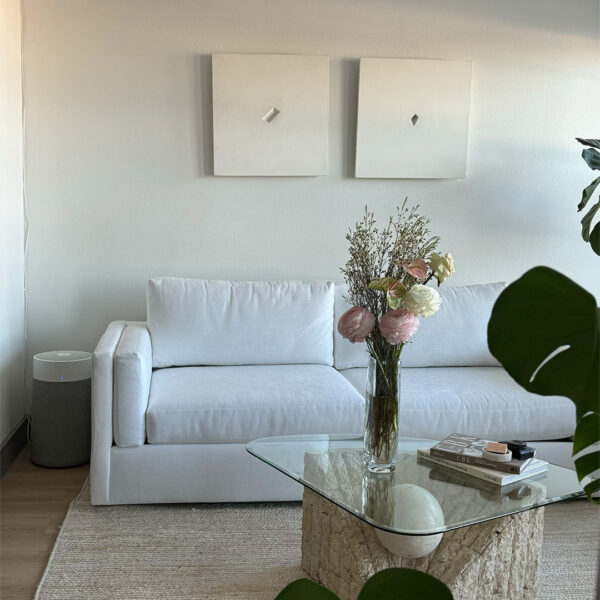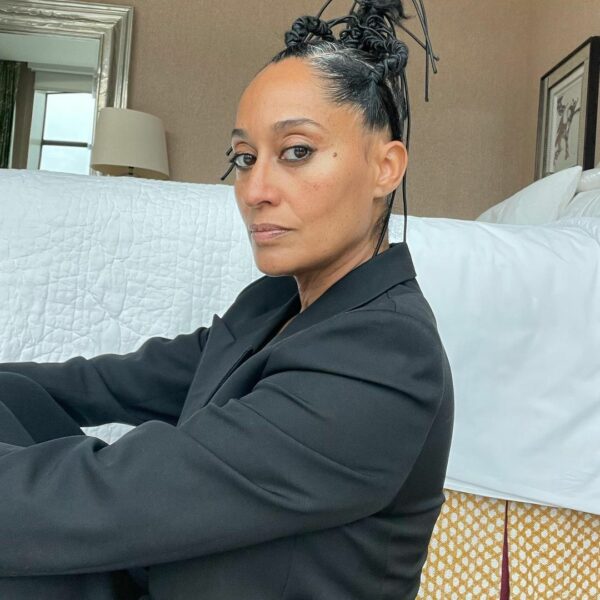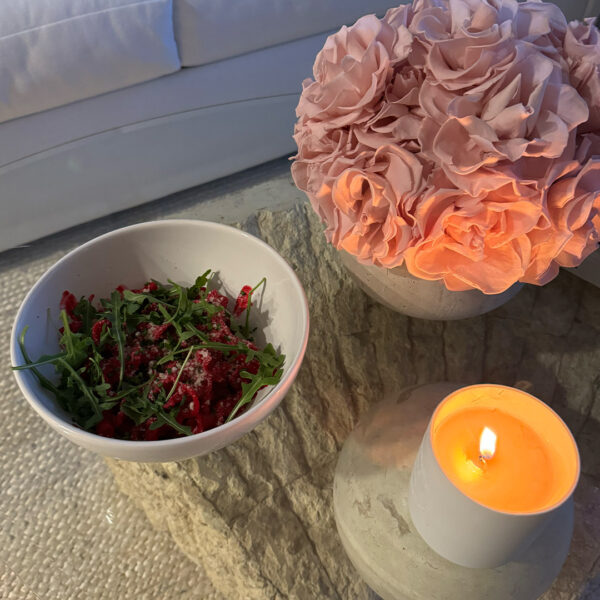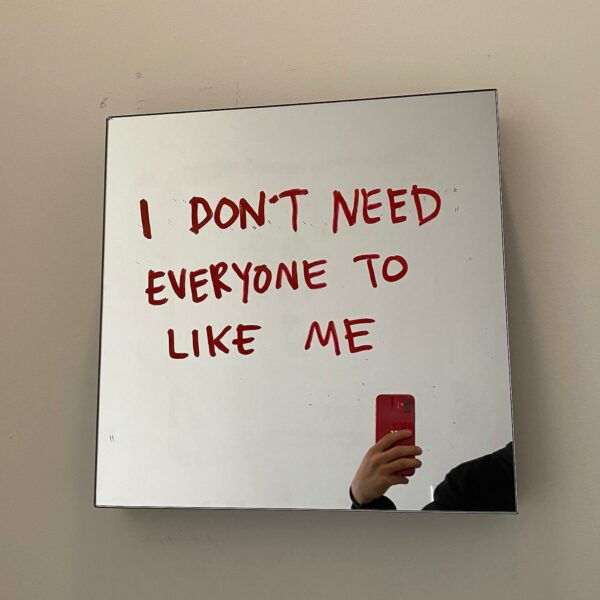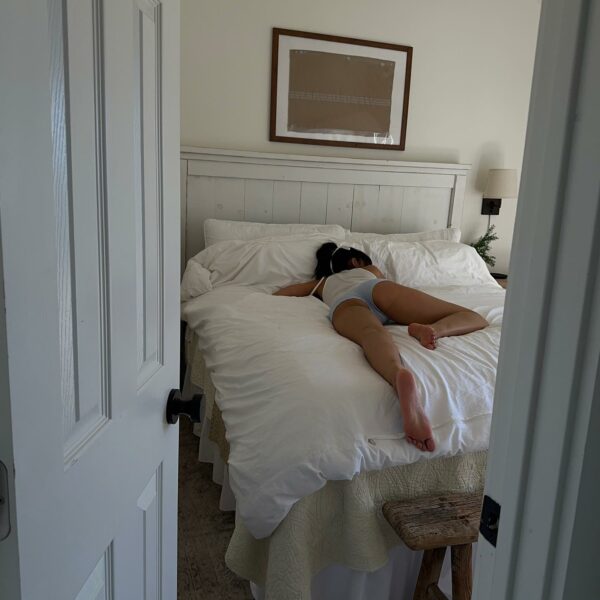Move over, “Baby, what’s your sign?” Because babe, tell me about your chronotype. Chronotypes define a person by their ingrained sleep habits that are natural to them and their bodies. While we can force ourselves to get up early or work late, it doesn’t always jive with our best selves, and that’s OK. Learning about our individual chronotype and when to schedule in our non-negotiable, restful zzz’s can crack our own code when it comes to rest, work, and play.
Alanna McGinn, founder and certified sleep expert of Good Night Sleep Site, a global sleep consulting practice, is all about optimizing your schedule based on your chronotype. Her expertise eliminates the shame you may feel about not being an early riser or fun night owl. McGinn explains that being a late sleeper or early riser can be influenced by genetics.
“Regardless of your body clock, proper sleep hygiene is very important. But our circadian rhythms do respond and adapt to cues like sunrise and sunset, and specific responses to those cues vary for each person—this is your chronotype.”
Your personal circadian response can explain why you may have higher activity, creativity, or alertness throughout the day, and in particular how you function in the morning and evening so that you can schedule high-functioning tasks better according to your unique biology.
“A person with an early chronotype might begin their waking processes as soon as light hits them in the morning, or even before. But others with a later chronotype may not start to wake for another hour, despite being faced with the same morning sun. Maintaining circadian health is a driver for all health, so pay attention to your cues; it may be best to shelve that early-morning run and move it to later in the day if you find yourself unable to get out of bed at an early hour.
Knowing your chronotype can help you better understand your internal clock and help you achieve optimal sleep based on your natural sleep rhythms. It also provides insight into how you can make the most of your entire day, including regular activities, such as exercise, eating, working, and even socializing.”
The four chronotypes are:
Lions
“Lions are early risers who are most productive first thing in the morning. They need to wind down in the evenings, preferring a quieter night. They’re typically asleep by 9 p.m. or 10 p.m, and wake around 5:30-6 a.m.”
Bears
“This is the most common category. A bear’s sleep and wake cycles follow the sun. They tend to wake easily and typically fall asleep with no issues. They are most productive in the morning before noon, but do suffer from an energy dip mid-afternoon.”
While bears can be more flexible with timing, it’s smart to consider the eight-hour window before the sun rises so that when they naturally wake up, they won’t be short on beauty sleep. Mcginn shares that bedtime should be heading off to dreamland around 11 p.m., and wake around 7 a.m. She advises that they shouldn’t sleep more than eight hours.
Wolves
“Wolves love to sleep in and often have trouble waking up in the morning. A wolf feels their best when they sleep the morning away. Their peak productivity starts at noon, and they’re usually still quite productive at the end of the day when many others have called it quits.”
Mcginn explains that if a wolf can help it, to go to bed around 12 a.m. at the latest, and wake up around 7:30 a.m…. even though they are known to hit the snooze button a few times. If a wolf can work late into the evening, they can feel free to snooze away some daylight. As long as their boss is OK with it.
Dolphins
“If you have trouble sleeping, you’re likely a dolphin. Dolphins can have trouble going to sleep and find it hard to stay asleep throughout the night. They also wake easily when disturbed by noise or light. Even though they do find sleep challenging, they have a strong productivity peak that tends to last from around 10 a.m. to 2 p.m.”
Mcginn says that a dolphin may not get sleepy until around 12 a.m., and not fall asleep right away but rather toss and turn, waking around 6 a.m. We all need different amounts of sleep based on our biology, so it’s just about finding what makes you feel rested enough for your day of activity.
Shop our sleep collection:
The content provided in this article is provided for information purposes only and is not a substitute for professional advice and consultation, including professional medical advice and consultation; it is provided with the understanding that Poosh, LLC (“Poosh”) is not engaged in the provision or rendering of medical advice or services. You understand and agree that Poosh shall not be liable for any claim, loss, or damage arising out of the use of, or reliance upon any content or information in the article.
Up next, be the first to know our weekly content and sign up for our Poosh newsletter.









